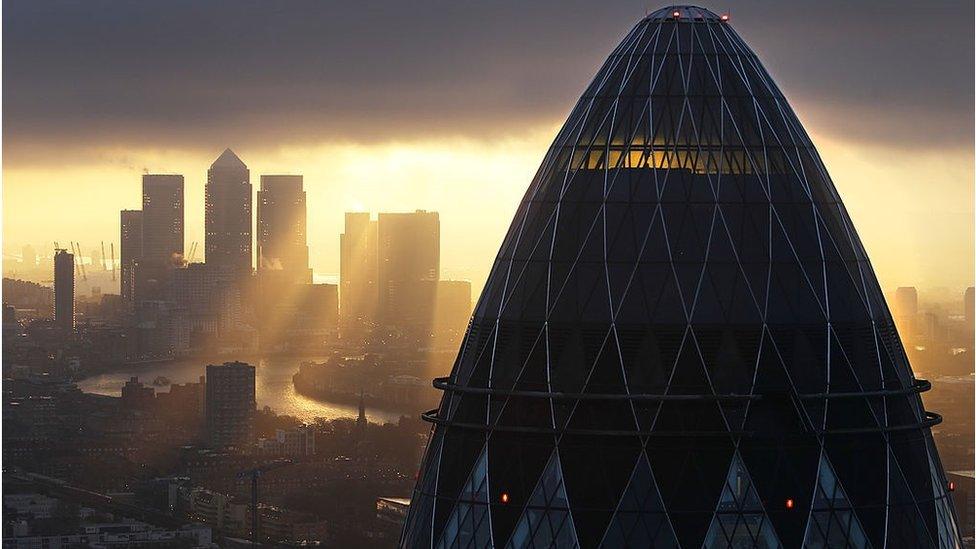EU referendum petition signed by more than 2.5m
- Published
- comments
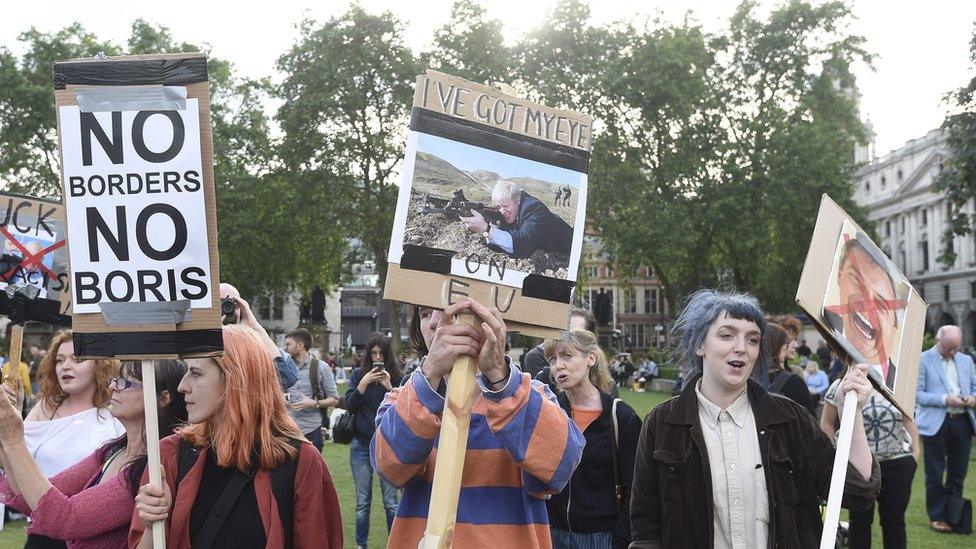
People gathered to protest outside the Houses of Parliament following the leave result
More than 2.5 million people have signed a petition, external calling for a second EU referendum, after the vote to leave.
It has more signatures than any other on the parliamentary website and as it has passed 100,000, Parliament will consider it for a debate.

Editor's note: The following day, the House of Commons petitions committee said it was investigating allegations of fraud in connection with the petition and had already removed 77,000 signatories - and was monitoring it for further suspicious activity.

The UK voted to leave the EU by 52% to 48% in Thursday's referendum but the majority of voters in London, Scotland and Northern Ireland backed Remain.
David Cameron has previously said there will be no second referendum.
On Friday he said he would stand down as prime minister by October following the leave result.
A House of Commons spokeswoman said the petition was created on 24 May. There were 22 signatures on it at the time the referendum result was announced.
She said the petition site had temporarily gone down at one point following "exceptionally high volumes of simultaneous users on a single petition, significantly higher than on any previous occasion".
Raise profile
The petition's website states it was set up by an individual called William Oliver Healey, and says: "We the undersigned call upon HM Government to implement a rule that if the Remain or Leave vote is less than 60%, based on a turnout less than 75%, there should be another referendum."
Thursday saw a 72.2% turnout, significantly higher than the 66.1% turnout at last year's general election, but below the 75% mark suggested by Mr Healey as a threshold.
The Scottish independence referendum in 2014 had a turnout of 84.6% - but there has not been a turnout above 75% at any general election since 1992.
A debate in Parliament is a good way to raise the profile of an issue with law makers but it does not automatically follow that there will be a change in the law.

Analysis
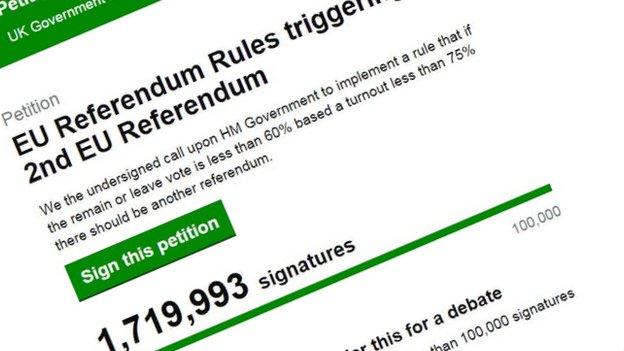
By Iain Watson, political correspondent
The fact that more than one and a half million people have signed a petition calling for a second EU referendum has attracted a lot of attention - but it has zero chance of being enacted.
The main reason is that it is asking for retrospective legislation. It suggests another referendum is required because the winning side got less than 60% of the vote, and there was less than a 75% turnout.
You can have thresholds in referendums.
The 1979 referendum to set up a Scottish parliament failed because a clause was inserted in to the legislation requiring more than 40% of all eligible voters - not just those taking part - to agree to devolution before it took place.
But that clause came in advance - everyone was clear about the rules. You can't simply invent new hurdles if you are on the losing side.
The other reason is that if a petition gets more than 100,000 signatures it can then - with the agreement of a committee of MPs - be debated in Parliament, but there is no legal obligation to act on it.
However, there is talk around Westminster- in the wake of a plunging currency and falling share prices - of whether any deal on Brexit negotiated with the EU should then be put to a referendum further down the line.
The UK will remain an EU member for the next two years at least - so it's not over until it's over.
Some would greet this with horror and cries of 'foul' - others with relief.

UKIP leader Nigel Farage, who has campaigned for the UK to leave the EU throughout his political career, said in May that a narrow win for Remain could cause unstoppable demand for a rerun of the referendum.
He said at the time that a result that saw Remain win by 52% to 48% would mean "unfinished business by a long way".
But Mr Cameron has said the referendum was a "once in a generation, once in a lifetime" decision, saying the UK had "referendums not neverendums".
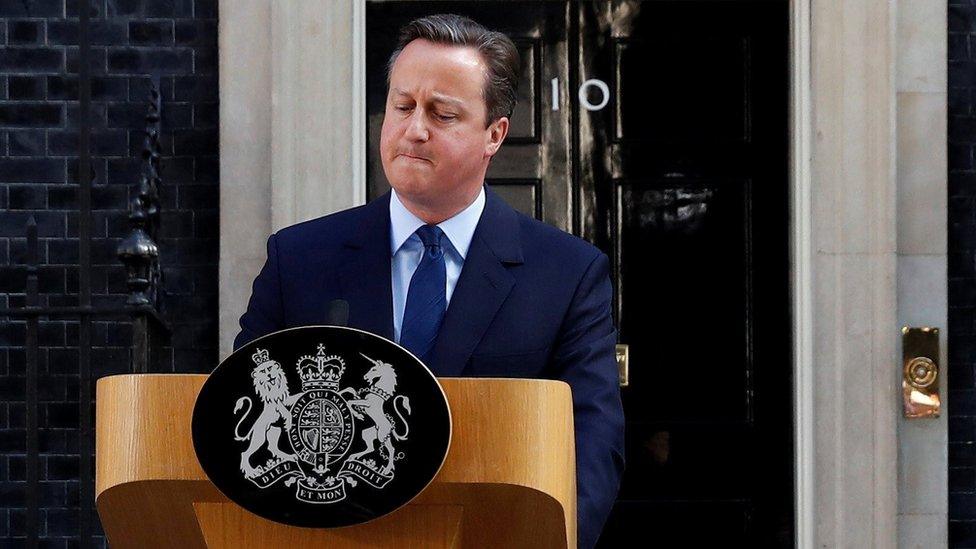
David Cameron said he would step down as prime minister after the UK voted to leave the EU
Labour leader Jeremy Corbyn has also rejected the idea of a second referendum, saying: "We have got to accept that decision."
Labour MP for Tottenham David Lammy later tweeted, external that people could "stop this madness through a vote in Parliament".
He said there should be a vote in the Commons next week on whether the UK goes forward with Brexit.
'Make divorce official'
The parliamentary petitions system is overseen by the Petitions Committee, which considers whether petitions that receive more than 100,000 signatures should be raised in the House of Commons and debated.
The committee is due to sit again on Tuesday.
In a separate petition more than 100,000 people have called on London Mayor Sadiq Khan to declare the English capital independent from the UK and apply to join the EU.
Across all 33 boroughs in London 59.9% of people voted to stay in the EU, with the Remain vote more than 70% in some boroughs.
The page, set up by James O'Malley, states: "London is an international city, and we want to remain at the heart of Europe. Let's face it - the rest of the country disagrees... let's make the divorce official and move in with our friends on the continent."
Mr Khan has said he has no doubt London will "continue to be the successful city" but called for the UK to remain part of the single market.
Former London Mayor Boris Johnson, one of the leading Leave campaigners and the bookmakers' odds-on favourite to succeed Mr Cameron, has insisted the UK is not "turning its back" on Europe.
He said the decision would not make the UK any less tolerant or outward looking and would not reduce opportunities for young people.
- Published30 October 2015

- Published25 June 2016
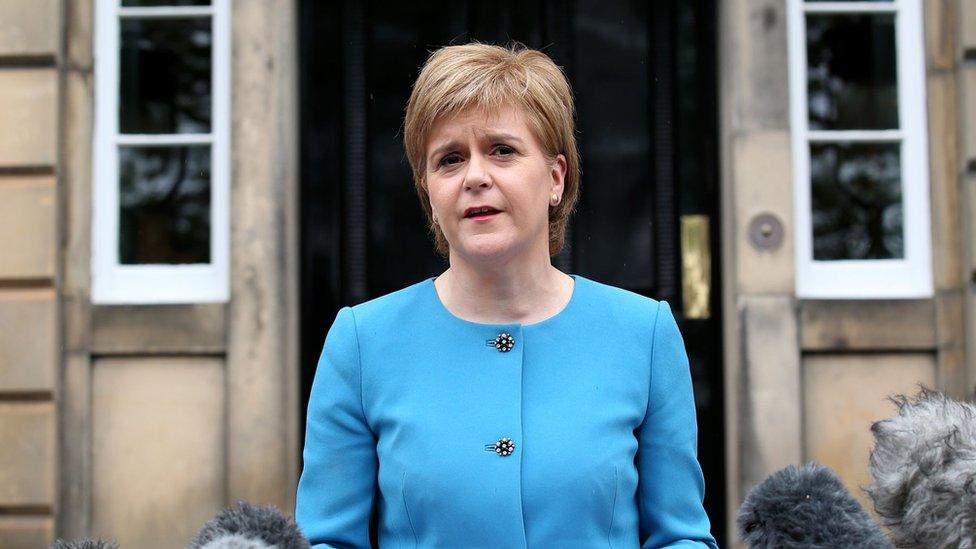
- Published25 June 2016
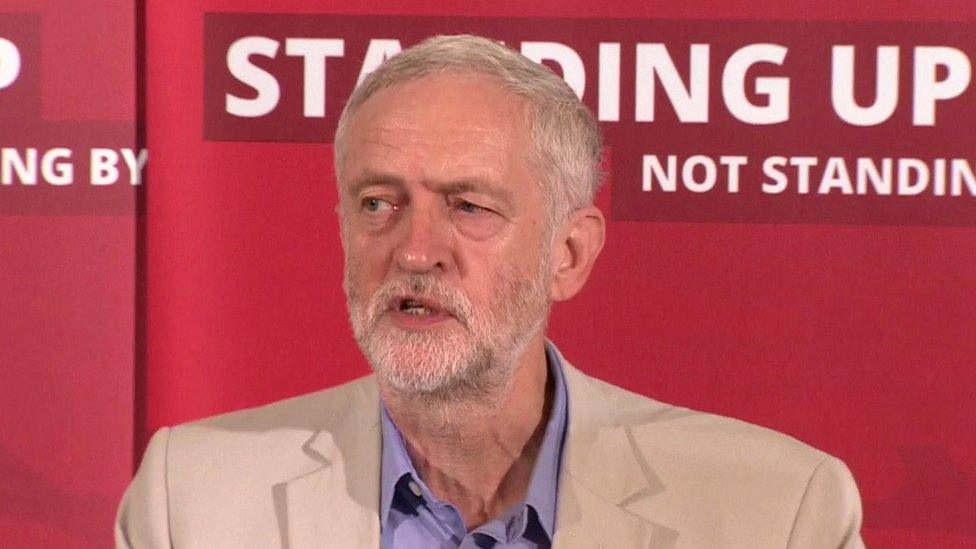
- Published29 June 2016
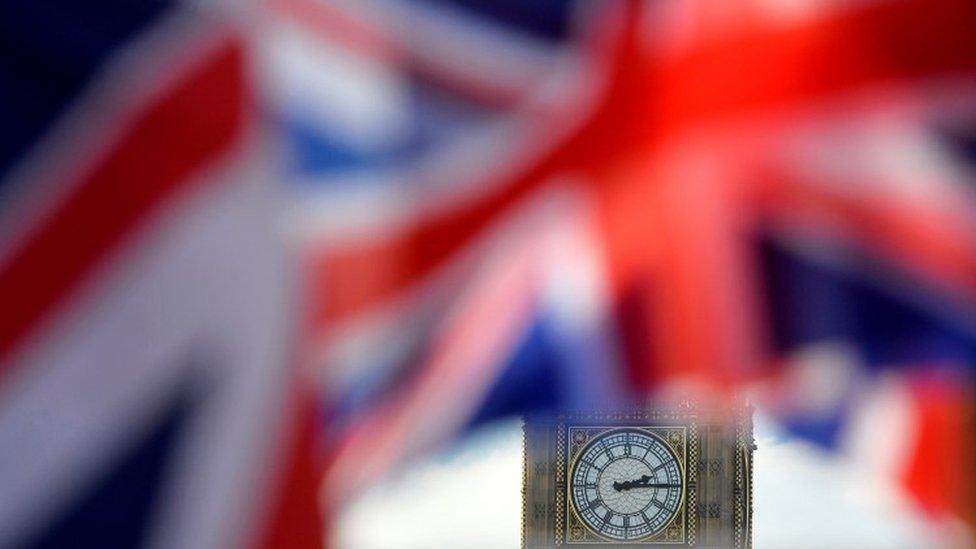
- Published30 December 2020

- Published25 June 2016
